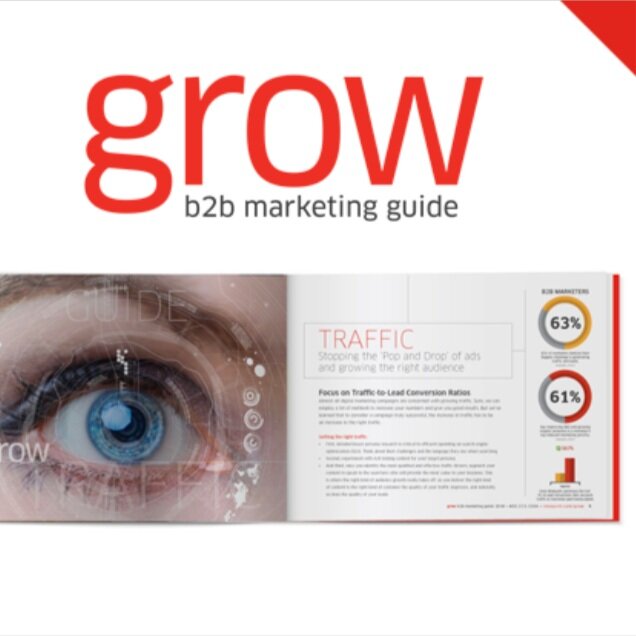As a marketer, you know tracking ROI is essential to B2B technology marketing success. You're ready to dive into the analytics and gain insights you haven't previously had at your disposal. You recognize that knowing your B2B ROI will support — and help you refine — your consistent branding strategies to generate more sales qualified leads and improve marketing-sales alignment.
Your strategy seems functional until you start measuring ROI. Suddenly, you realize the limitations of your current B2B marketing efforts. That's the first and most important step. Let's look at how to improve your company’s B2B ROI with a solid return on investment analysis.
Manage Your ROI Calculation Expectations
Wouldn't it be incredible if someone buying an existing business could precisely know its worth now and five years from now?
Even in a financially-precise industry like mergers and acquisitions, many numbers can be estimated. Factors like goodwill and brand recognition are given an approximate value. That's because M&A companies know these have value they can't afford to underestimate. But it's hard to measure. They recognize a greater risk of not valuing them than having to estimate in some cases.
Now, as a CMO or marketing manager, you're leading the branding and marketing efforts of that business. You also recognize that intangibles like brand awareness and affinity represent consistent ROI.
You certainly need to be as precise as possible and back up your estimates with proof. But like M&A, you realize that just because nailing down an exact figure is hard doesn't mean you shouldn't be measuring this critical B2B ROI.
Evaluate the ROI of Better Analytics
This one may sound like the chicken or the egg scenario. Which must come first? You can't measure ROI because you don't have the right technology in place. But you need to make the case in C-suite for the technology to measure ROI by showing profitability.
Fortunately, you can begin your return on investment analysis for C-suite even if analytics still lacks. Look at:
- Breadth: How will more consistently measuring your B2B ROI help your organization? How many areas of B2B marketing does understanding tech ROI have the potential to impact?
- Repeatability: How will you use this ROI evaluating technology? How often? Can you use it to compare results over time? C-suite wants to know this isn't a new toy that someone "plays with" for a while before abandoning it.
- Cost: What would it cost to try to calculate ROI manually? Or to hire a company to deliver a return on investment analysis? Compare this to the cost of that technology.
- Knowledge gained: What knowledge will you gain from a return on investment analysis? How will measuring your tech ROI supercharge your marketing strategy and deliver a new and improved one in B2B marketing?
- Payback period: How long will it take for better ROI tracking technology and procedures to pay for themselves?
Back up your answers with data to whatever extent possible. Notice we haven't gotten into ROI metrics like lowering acquisition costs, brand awareness or shortening the sales cycle yet. There's many more metrics than just having the right B2B technology. But you're on your way now to a full ROI analysis.
Consider How Your Deployment Strategy Impacts Cost and Results
Why not get the results you need now?
If you need help getting this return on investment analysis in place for C-suite, know that this is what we do. We can help you nail down:
- How accurate metrics will deliver more B2B technology ROI
- What your current B2B ROI looks like on your current (or planned) branding, automation, and technology advancements.
For many, this is preferable to launching new technology. There's a learning curve, and you can skip it by working with a company that understands ROI. We can help you consistently capture it, and put in place consistent ROI-driving strategies like marketing-sales alignment, inbound marketing, and automation.
If you want to learn how to improve tracking and reporting, then start with an assessment. Relequint’s B2B Balanced KPI Scorecard will help align overall business goals with your preferred strategy to increase your B2B tech company’s ROI. Click here to learn more.







 By
By 
